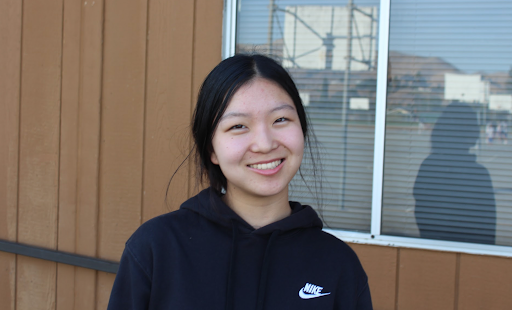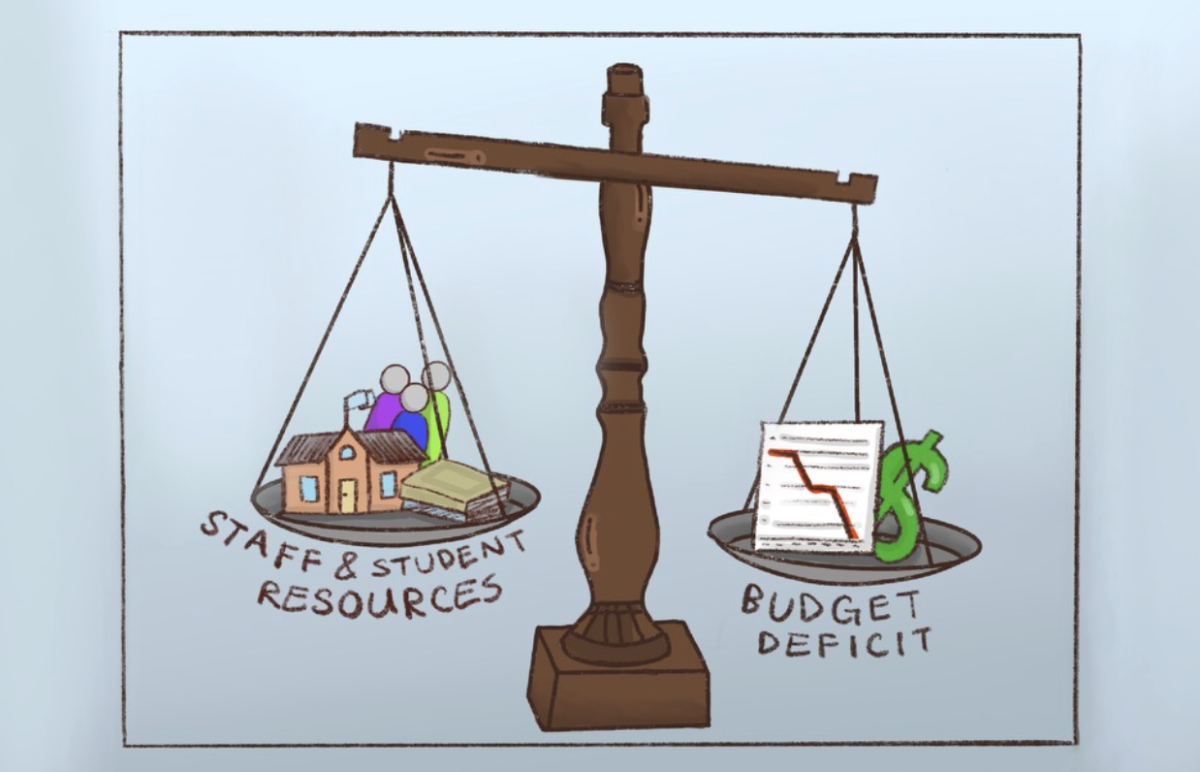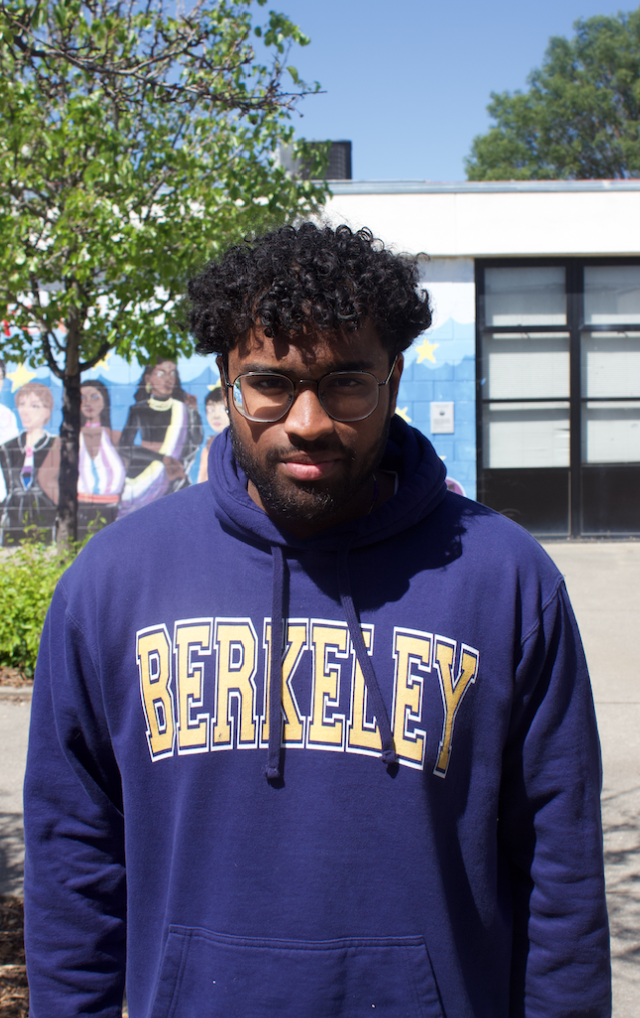Throughout the winter months, there have been heavy rains that have caused morning traffic jams on the streets surrounding Irvington High, leading to excessive tardies. Oftentimes, the office has pardoned these tardies by directing all teachers to excuse all tardies until 8:45, raising concerns for first-period classes.
There have been teachers who have expressed their dismay at the tardy extensions, not only for the impact on their classes but the potential issues concerning the students’ long-term punctuality. English teacher Ms. O’Connor stated that as an adult, “They don’t let you come to work 15 minutes late every time it rains.” While she did feel that an extension during the first rain or power outages is appropriate, she stated that the 15-minute extension during predictable rains is excessive and that at a minimum, it should be cut down to 10 minutes. Additionally, she expressed concern for student safety as she believes that if the streets are slick and there are hazards on the road, the 15-minute extension is appropriate, but repeated extensions create bad habits and may affect instructional time as well.
On the other hand, school administration views the situation differently as they feel the 15-minute window is absolutely necessary. Principal Stan Hicks commented that “It’s a pretty common practice around the state,” adding that the school is in constant communication with the Fremont PD to take crashes and heavy traffic into consideration when deciding to extend the deadline. He also expressed that the 15-minute extension allows students to be more relaxed and dropped off in a safer place rather than be hastily dropped off in the middle of the street. Additionally, he noted the office’s subjectivity when making these decisions as he stated, “Just because it is raining, it doesn’t mean it is automatically a 15-minute late extension.” By being in contact with the Fremont PD and also personally having staff watching the traffic, the office decides to either extend the tardy deadline to 8:45 or not.
Students have expressed a similar perspective. Maya Sompalli (11) stated, “Most people don’t live right next to the school, so the 15-minute buffer takes the pressure off of parents to speed and gives peace of mind to the students.” She also considered that punctuality is often not in the students’ control as many other factors such as carpool members and parents play a role in when students can get to school.
Addressing the educational concerns, Principal Hicks explained that students that are frequently late are required to go to Saturday School, a policy they have implemented recently, and that staff is stationed around the school to make sure that students can’t take advantage of the 15-minute extension. Additionally, he explained that the unpredictability of when the 15-minute extension will be enforced makes it difficult for students to take advantage of the extension and intentionally come to school late.
The balance between educational time and safety is difficult to manage; while there are concerns about student safety, it is also essential to prioritize education and instructional time. Principal Hicks noted that although the extension isn’t a policy, “it’s just the human side of it,” implying that the 15-minute extension is based on intuition rather than rules.











